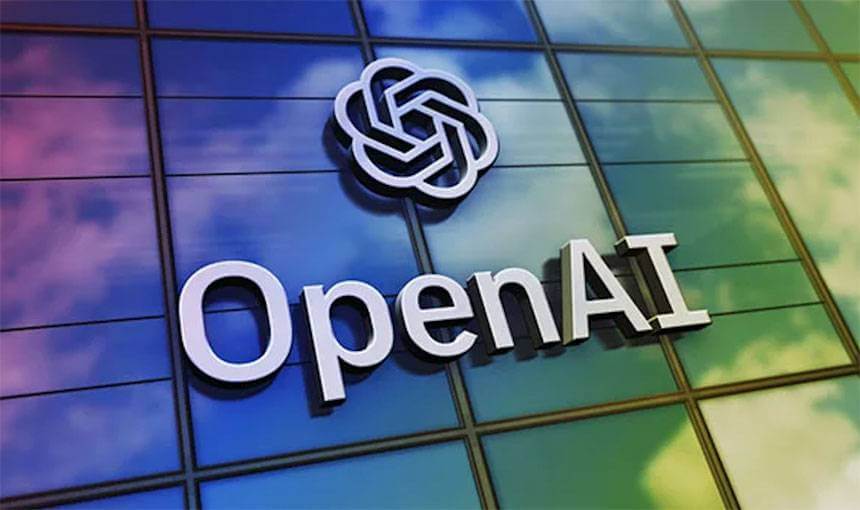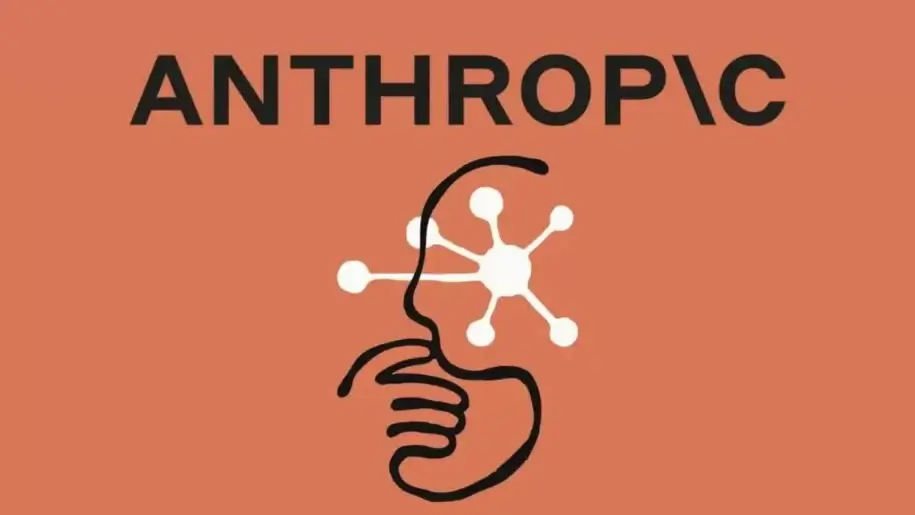OpenAI, the company behind the revolutionary ChatGPT and other AI models, is navigating a complex transition from a non-profit research lab to a for-profit entity. As part of this evolution, OpenAI is taking steps to ensure that its original mission of benefiting humanity remains a core principle. To this end, the company has formed an advisory commission of experts to guide its philanthropic efforts, including prominent labor leader and civil rights activist Dolores Huerta.
The transition to a for-profit model is driven by the need for substantial capital to sustain OpenAI's rapid development and expand the reach of its AI tools. CEO Sam Altman has emphasized that the company requires "more capital than we'd imagined," particularly to cover the enormous computing costs associated with training AI models and serving a growing user base. By becoming a Public Benefit Corporation (PBC), OpenAI aims to attract more investment while legally prioritizing its social mission alongside shareholder interests. This restructuring will help OpenAI's tools reach a broader audience, ensuring they are not limited to those who can afford them or are located close to Silicon Valley.
Dolores Huerta, a co-founder of the United Farm Workers union, brings decades of experience in advocating for social justice and community empowerment. Her role on the advisory commission will be to help shape OpenAI's philanthropic initiatives, ensuring they address pressing issues in areas like health, science, and education. Huerta's influence is expected to be considerable, particularly as OpenAI navigates regulatory approvals and potential legal challenges during its restructuring. The advisory board, operating within a 90-day timeline, is tasked with providing recommendations for OpenAI's philanthropic endeavors, although their advice will not be legally binding.
Other members of the commission include Monica Lozano, a former Spanish-language media executive; Robert Ross, the former president of The California Endowment; and Jack Oliver, an attorney and Republican campaign fundraiser. Daniel Zingale, a former aide to California governors, will convene the advisory group. Together, these experts will provide OpenAI with valuable insights into the challenges faced by non-profit organizations and the communities they serve.
OpenAI's decision to transition to a for-profit model has faced scrutiny from critics who fear that prioritizing financial returns could compromise the company's commitment to ethical AI development and its original mission. Some argue that OpenAI's commitment to the public good is becoming increasingly symbolic as its valuation rivals that of major for-profit tech companies. To address these concerns, OpenAI is implementing a corporate governance model where the non-profit retains strategic oversight of the for-profit entity. The non-profit will also be a significant shareholder in the PBC, providing it with resources to support programs that benefit various communities.
The transition to a PBC structure is a balancing act, requiring OpenAI to manage workforce implications, energy consumption, and ethical considerations while attracting investment and pursuing innovation. By retaining non-profit control and establishing an expert advisory commission, OpenAI is signaling its commitment to navigating this transition responsibly and ensuring that its AI technologies benefit all of humanity. The company must complete its for-profit transition by the end of 2025 to secure the full $40 billion funding led by SoftBank.
















